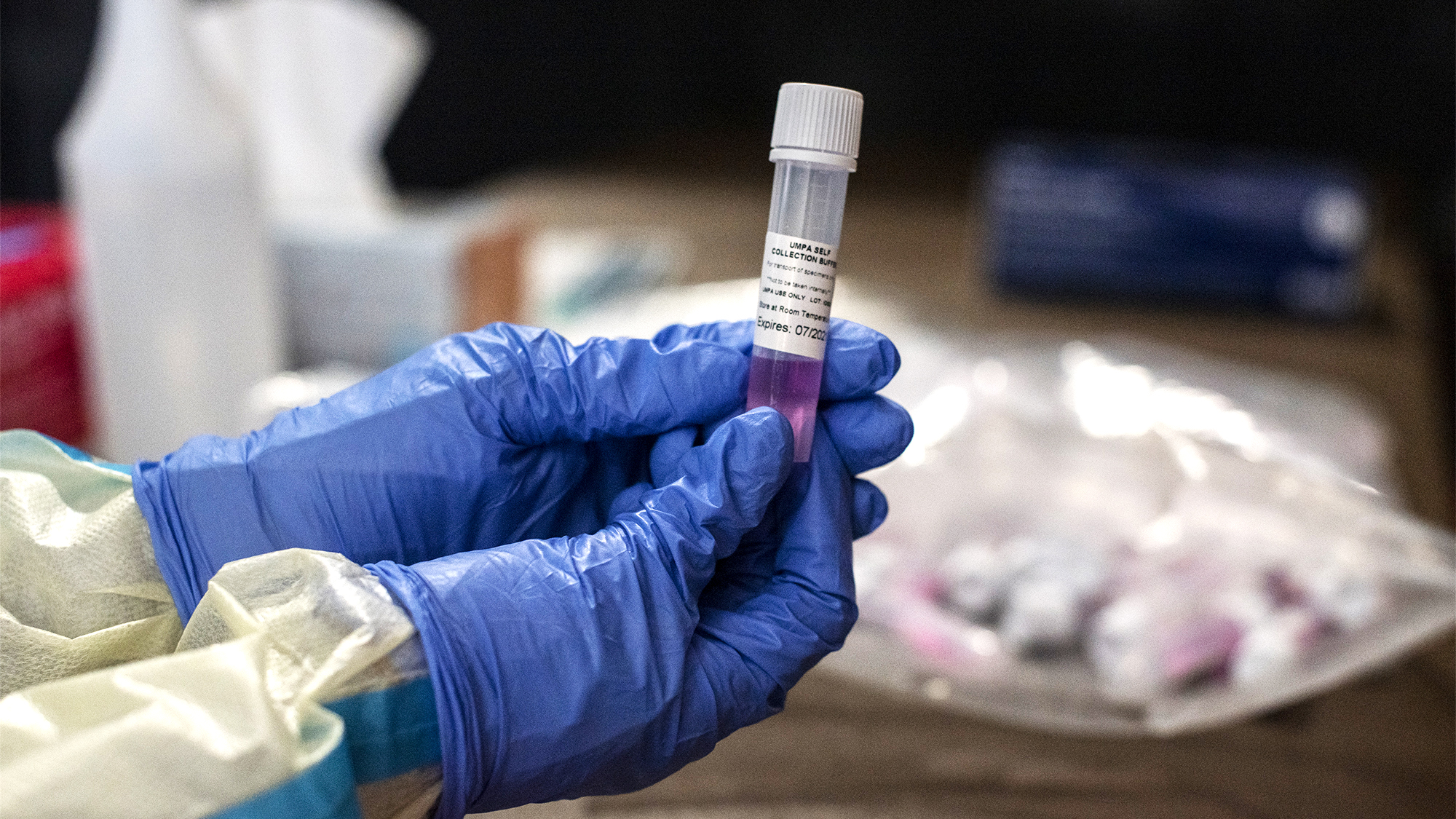By Mira Varghese
For The Diamondback
The world watches as COVID-19 vaccines have begun to be approved, and in some places, administered. But not everyone is quick to line up to receive one.
Some public health professors at the University of Maryland say that hesitancy and skepticism are normal among the public, but the vaccines have undergone rigorous testing to prove their safety.
Dr. Sandra Quinn, senior associate director of the public health school’s Maryland Center for Health Equity and a family science professor, said people should realize the Food and Drug Administration approved the vaccine after careful consideration.
“A big thing for people to understand is that there’s an independent body that advises [the] FDA,” Quinn said. “No corners were cut.”
Dr. Stephen Thomas, who serves as the Maryland Center for Health Equity’s director and a health policy and management professor, said people who do not regularly get vaccinated for the flu may have a greater hesitancy toward the COVID-19 vaccine.
But COVID-19 is far more serious than the flu, Quinn said.
“This is nothing like the flu,” Quinn said. “I think we need to have some straight talk … this is life and death.”
[Gov. Hogan announces new measures to help small businesses during pandemic]
While many members of the public could have concerns about the vaccine, Thomas said Black and Latino communities may have the most difficulty trusting its efficacy.
This hesitancy could be attributed to concerns about its quick production, but also because of a general skepticism toward the health care system and vaccination as it relates to communities of color, Thomas said.
But both Thomas and Quinn agree that increased education and understanding about the vaccine will be necessary to combat hesitancy and mistrust.
Thomas said health care experts must listen to people’s concerns and questions.
“Let’s first start with where people are and hear their concerns and, step by step, begin to answer their questions in an honest way,” Thomas said.
[Map: These Maryland hospitals are expected to receive Pfizer’s COVID-19 vaccine]
Hannah Col, a senior public health science major and a public health science program ambassador, said that if people educate those around them, it will go a long way.
“Every single person that you can reach and talk to and educate and inform on the importance of this is so important, because then they can go on and inform other people,” Col said.
Quinn added that she thinks people should work to make vaccination a social norm.
“What I would hope we see is a social movement that students and faculty and staff on campus and people in the community, you know, talk about doing this,” Quinn said, adding that getting vaccinated protects not just the individual but those around them as well.
As for what the university can do, Quinn said she suggests university administrators focus on “adequate communication” and education.
With proper guidance, Quinn said, getting the COVID-19 vaccine could come to be viewed as something that is done out of people’s care for one another.



